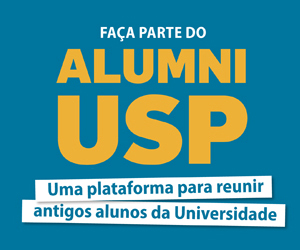Seminário do Grupo de Hádrons e Física Teórica (GRHAFITE) – FEP – FNC
“Dyson-Schwinger Equations in Euclidean and Minkowski space”
Prof. Dr. Pieter Maris, Iowa State University
Dia: 09 de outubro, terça-feira, às 17h.
Local: Ed. Principal, Ala 2, IFUSP, Sala 335.
Abstract:
I review our understanding of hadrons using the set of Dyson-Schwinger equations of QCD. Essential in this approach is a sufficiently strong effective quark-antiquark interaction to generate a momentum-dependent quark mass function, which evolves from a constituent-quark mass in the infrared region to a current-quark mass in the perturbative region. We can then use this nonperturbative quark propagator in bound state calculations for hadrons. I discuss calculations of meson form factors within this framework, and in particular the importance of consistent truncations such that the electromagnetic current is conserved. Our results for the pion elastic form factor are in excellent agreement with the available data, and I will indicate how these calculations can be extended to more complicated hadron processes and to baryons. A drawback however of this approach is that the calculations are typically performed in Euclidean metric, which limits their range of applicability. I will discuss a new method to study the Dyson-Schwinger equations in Minkowski space by performing the Wick rotation numerically. This gives us access to the nonperturbatively dressed fermion propagator not only in the spacelike region, but also in the timelike region. I will demonstrate that this method can also be applied to the Bethe-Salpeter equation for two-body bound states. Finally, I will also discuss recent progress in performing bound state calculations using the Nakanishi representation, and compare with direct calculations in Euclidean and Minkowski space.













